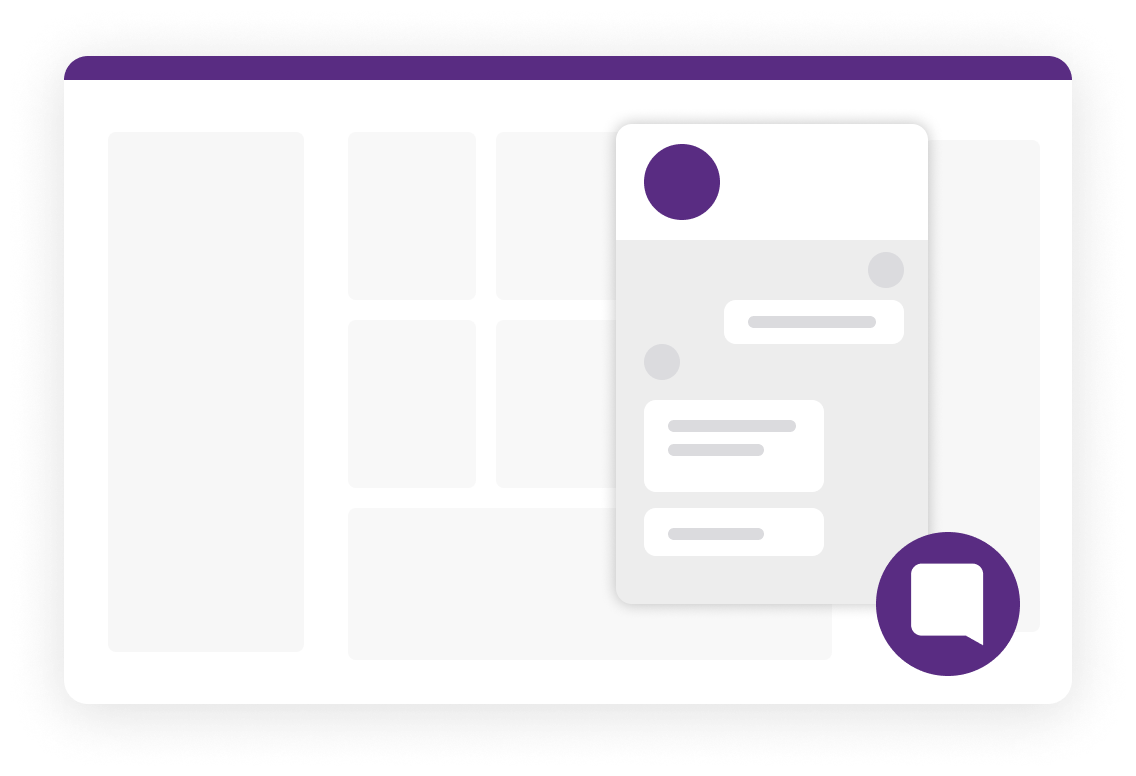Workplace benefits and family planning are in the news lately. Businesses are looking for ways to support employees—whether it’s answering questions about coverage or creating customized plan options. And, if you’re an employee, you’re likely looking for ways to both understand your coverage options and get the most from your benefits.
Many ways pre-tax benefits support you
The good news is that Health Savings Accounts (HSAs) and Flexible Spending Accounts (FSAs) already support members by providing resources to manage a range of issues related to family planning and reproductive healthcare. Both accounts let you use tax-free money1 to pay for qualified medical expenses. Thousands of items and services are eligible. It’s a long list, so here’s our top 10 ways HSAs and FSAs support family planning and reproductive healthcare.
1. OB-GYN care
Your HSA and FSA can help you pay for all doctor visits and consults before meeting your deductible. This includes labor and delivery at the hospital or birthing center.
2. Menstrual care products
As of 2020, over-the-counter (OTC) medications and products related to menstrual care—including pads, tampons, cups, liners—are on the list of eligible medical expenses.
3. Prescription birth control
Birth control and other contraceptives (including “Plan B” / “Morning After Pill”) count as eligible medical expenses with a prescription unless otherwise restricted by the employer’s plan documents.
4. Legal abortion
In states where abortion services are legal, you may use your HSA and FSA to pay for the services, including prescription(s) related to such eligible medical care.
5. Transportation and lodging for healthcare
Sometimes healthcare needs require travel to another state or another country. In many cases, your HSA can help you pay for those transportation expenses, provided you’re traveling exclusively (or primarily) for medical care.
This can include:
- Car and rental car expenses
- Bus, taxi, rideshare
- Train, plane, and ferry fares
- Parking fees and tolls
- Ambulance services
Rental car expenses are limited to the portion attributable to the medical appointment or other care. Instead of actual car expenses, a standard mileage rate (18 cents per mile for January 1, 2022–June 30, 2022, and 22 cents per mile beginning July 1, 2022) for use of a car to obtain medical care is allowed. We encourage you to consult a tax advisor before making travel plans.
6. Vasectomy (and reversal)
Not planning to have children or finished having kids? Your tax-advantaged accounts can cover the costs associated with a vasectomy. They can also pay to reverse a previous procedure.
7. Gear for nursing
You can use your HSA or FSA to pay for breastfeeding supplies like eligible breast pumps, pads, storage bottles and bags, lanolin, and more.
8. Doula services and midwife treatment
Some families use midwives and doulas (also called birth attendants) during pregnancy and labor for medical care. Both types of services are eligible with a Letter of Medical Necessity.
9. In vitro fertilization (IVF) treatment
IVF, including egg and sperm storage, is potentially considered an eligible medical expense. Fees for temporary storage qualify, but only to the extent necessary for immediate conception. For example, storage fees for undefined future conception probably aren’t considered medical care. And, while “temporary” is not defined, one consideration might be whether it is stored and used within the same year. For these reasons, it’s important to verify your specific plan coverage by talking with your benefits team.
10. Fertility monitors and pregnancy tests
You can also use your HSA or FSA to pay for home pregnancy tests and fertility monitors like ovulation tracking tools.
Not sure if your planned expenses are covered?
Check out our searchable list of eligible medical expenses. It’s not exhaustive, but it’s a great place to start. You can also visit the HSA Store.2 There you can search and buy eligible expenses using your HealthEquity healthcare debit card.3
If you’re at a store, try the barcode scanning tool in the HealthEquity Mobile app.4 Just scan an item and the app will tell you if the item is eligible for reimbursement. As always, if you have any questions, visit our Help Center.
HealthEquity does not provide legal, tax or financial advice. Always consult a professional when making life-changing decisions.
1 HSAs and FSAs are never taxed at a federal income tax level when used appropriately for eligible medical expenses. Also, most states recognize HSA and FSA funds as tax-deductible with very few exceptions. Please consult a tax advisor regarding your state’s specific rules.
2 HealthEquity and the HSA Store are separate companies and are not responsible for each other’s policies or services. When you make a purchase through the HSA Store from a link on a HealthEquity site, we may earn a referral commission.
3 This card is issued by The Bancorp Bank, N.A. pursuant to a license from Visa U.S.A. Inc. Your card can be used everywhere Visa debit cards are accepted for eligible expenses. This card cannot be used at ATMs and you cannot get cash back, and cannot be used at gas stations, restaurants, or other establishments not health related. For card terms and conditions, see the Cardholder Agreement that is provided with the card.
4 Accounts must be activated via the HealthEquity website in order to use the mobile app.



Follow us